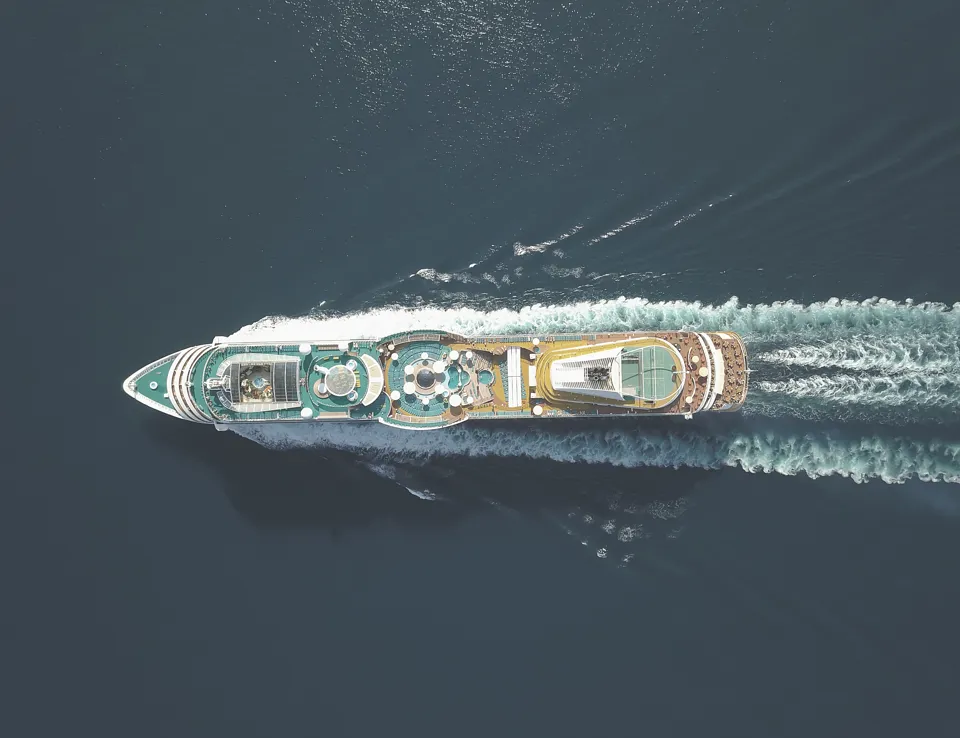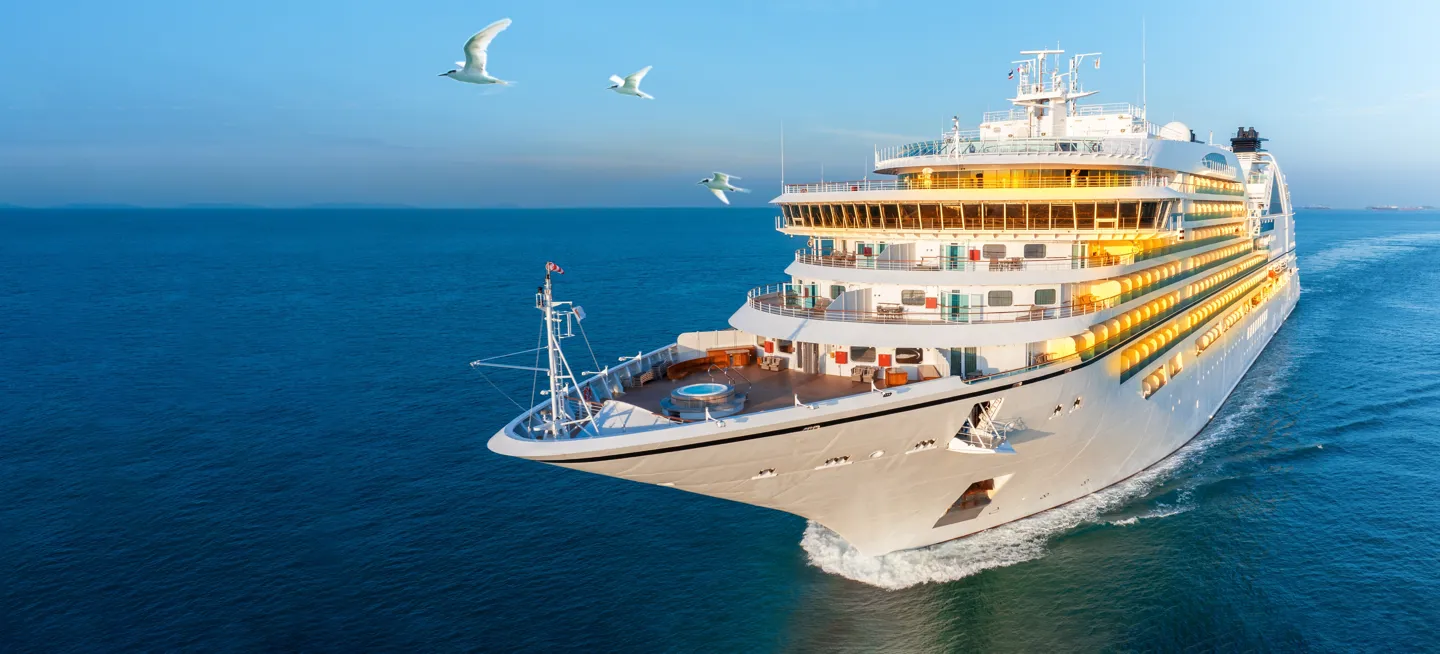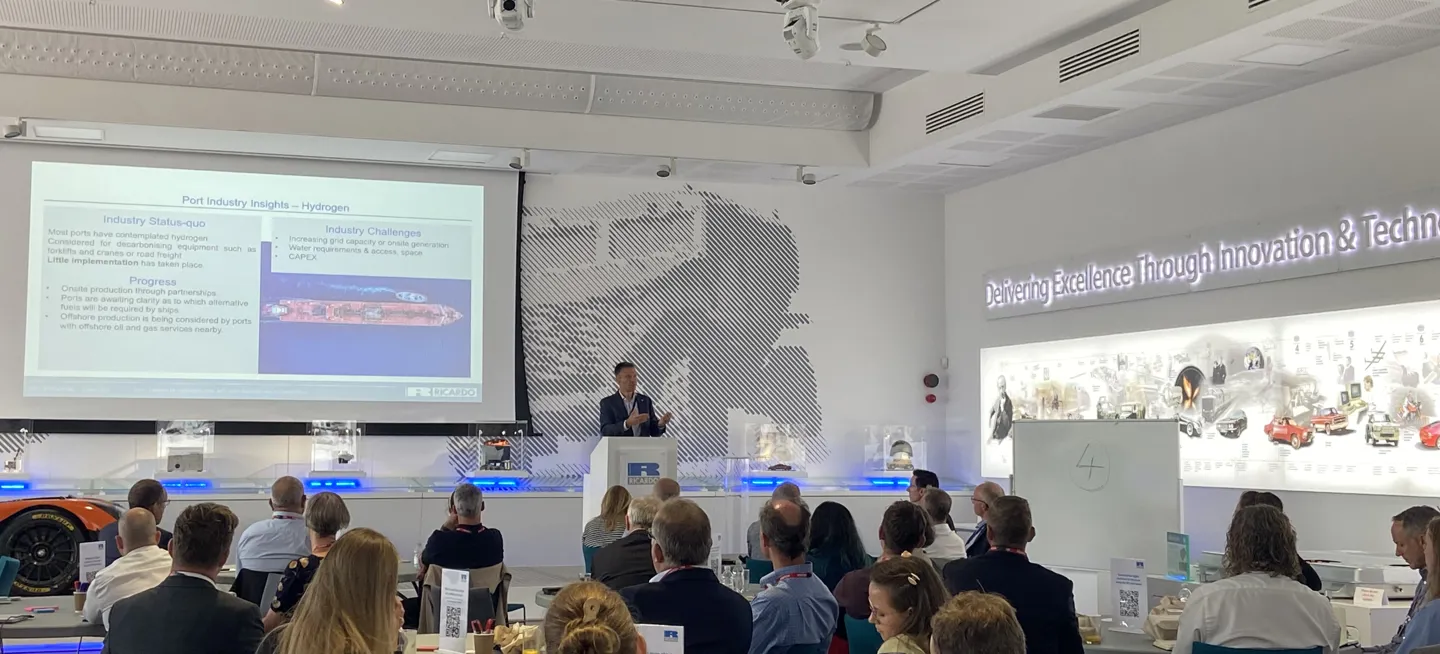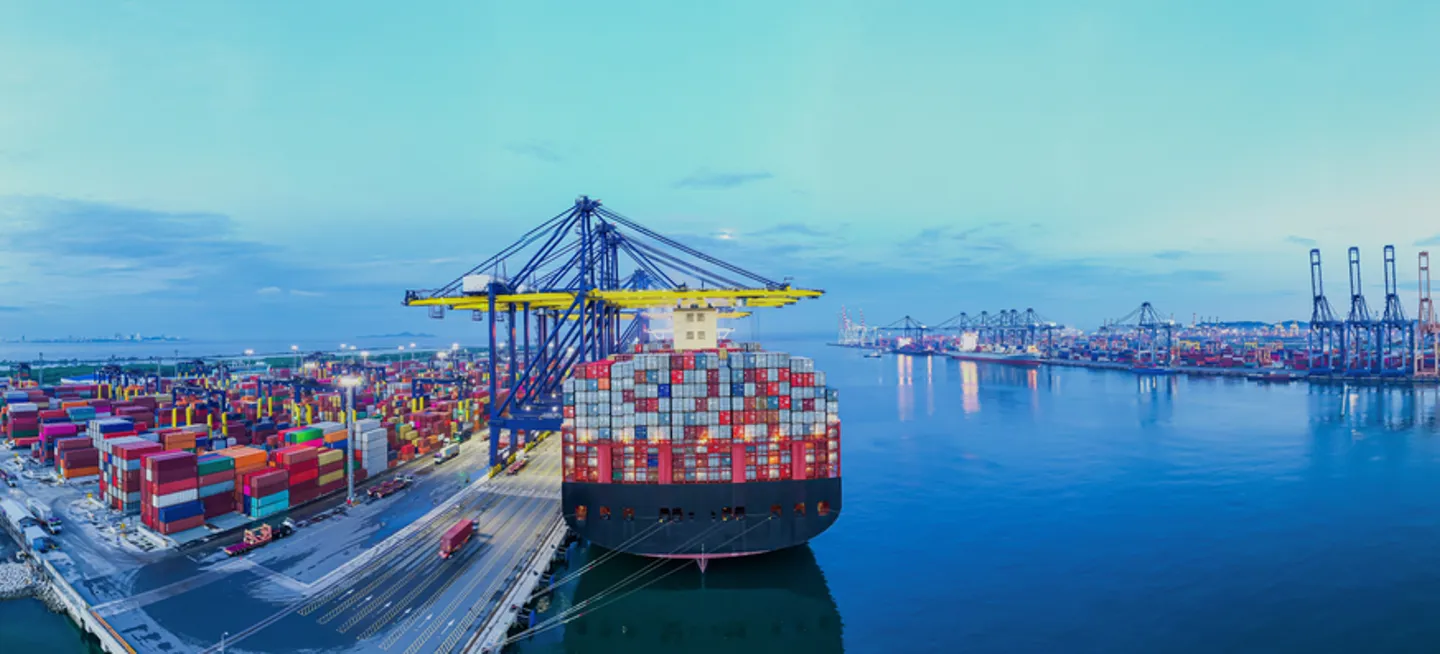Find out how Ricardo’s multi-stack hydrogen fuel cell propulsion technology can support your organisation in achieving vessel decarbonisation goals.
Fuelling maritime decarbonisation
In July 2023, the Member States of the International Maritime Organization (IMO) committed to a target for the maritime sector to be net zero by 2050. They also committed to ensure an uptake of alternative zero and near-zero GHG fuels by 2030, as well as indicative checkpoints for 2030 and 2040.
Additionally, there are various global regulatory frameworks coming into force in 2025 with the aim of supporting the decarbonisation of the maritime industry.
The maritime sector is currently facing numerous challenges, including meeting sustainability targets and adhering to regulatory requirements. Additionally, there is mounting pressure from supply chains seeking to reduce their scope 3 emissions. Consequently, the industry must tackle the hurdle of developing innovative, zero-emission methods to power both its existing fleet and the next generation of vessels.
LEVERAGING RICARDO'S EXPERTISE IN CLEAN ENERGY, SUSTAINABLE TRANSPORTATION AND INNOVATIVE TECHNOLOGY SOLUTIONS.

Why use Ricardo’s multi-stack hydrogen fuel cell solution?
• Our multi-stack fuel cell solution enables high power with zero-emissions, meeting IMO targets
• Able to be tailored to meet your specific power needs
• Optimised and bespoke Balance of Plant (BoP) for multiple stacks ensures increased system efficiency, enabling greater range and reduced fuel costs
• Customisable design tailored to meet space constraints
• We have prototype designs to accelerate development and implementation

Ricardo expertise
Ricardo is actively supporting the maritime sector to accelerate and optimise their decarbonisation strategies’. We understand the long-term ambition to reach net-zero by 2050 and are actively collaborating with the IMO, with our experts informing both the setting of targets and the formulation of future policies aimed at tackling GHG emissions.
Ricardo is working with sustainable HYdrogen powered Shipping consortium (sHYpS), leading on the specification, engineering, and design of a world-leading 400 kW net fuel cell sub-module with a common, optimised balance of plant for multiple stacks, and a 40-foot containerised multi-megawatt power plant that combines the outputs of eight fuel cell modules, which has now achieved Approval In Principle from Lloyd's Register.

Find out how Ricardo’s multi-stack hydrogen fuel cell technology optimises Balance of Plant (BoP) and reduces parasitic energy losses.

Read more about the application of hydrogen fuel cell systems
Latest maritime news and insights
Events
Tell us your requirements

Sustainable fuels
• Conduct bespoke life cycle assessments and feasibility studies to evaluate the environmental impact and feasibility of different fuel options.
• Design and test and optimise engines and fuel systems for sustainable fuels.
• Support retrofitting of existing vessels to accommodate new fuel types, minimising fleet turnover costs.




 Follow Ricardo plc for regular updates
Follow Ricardo plc for regular updates









